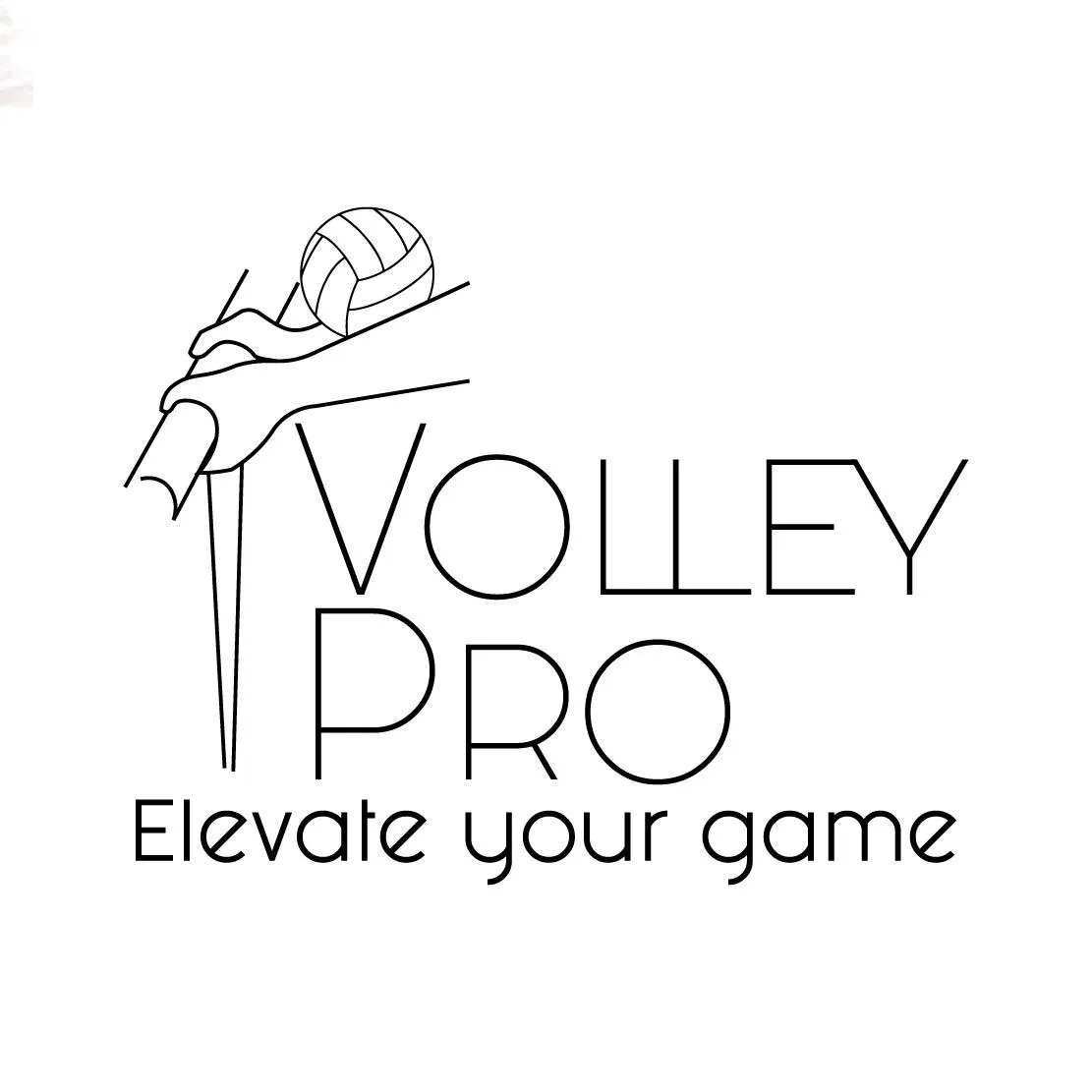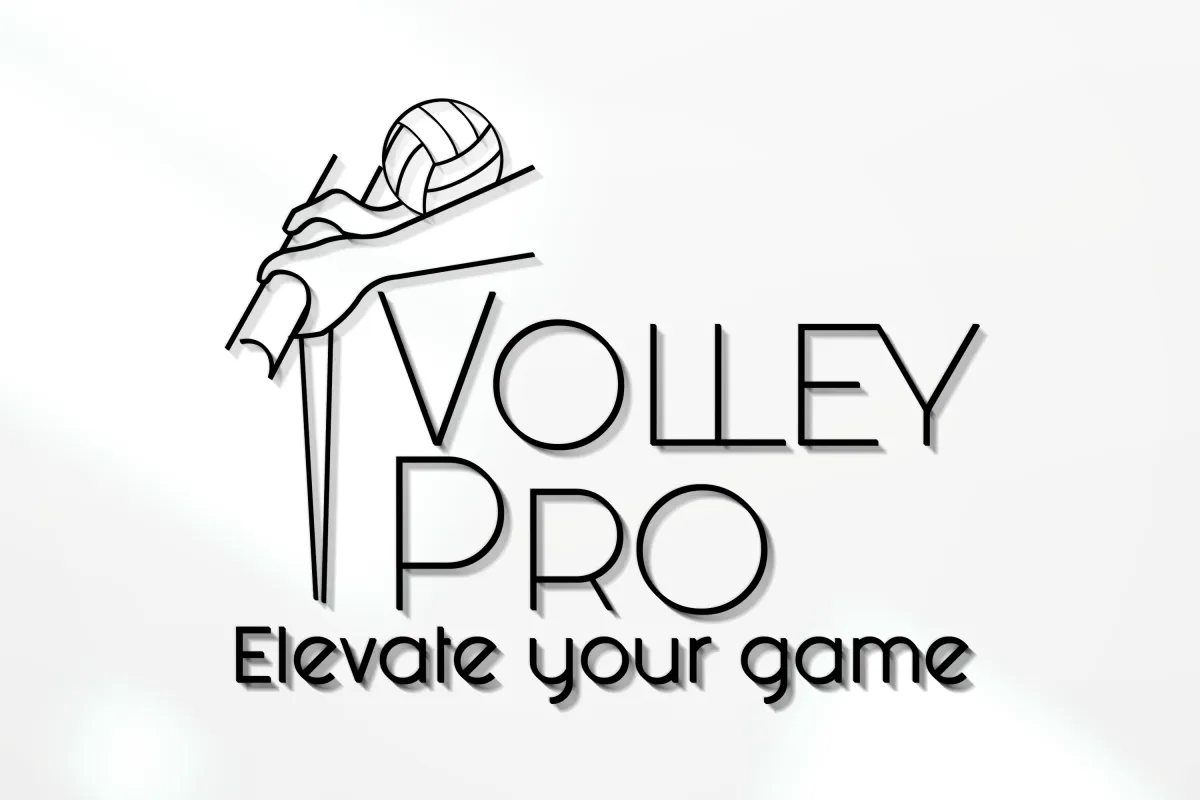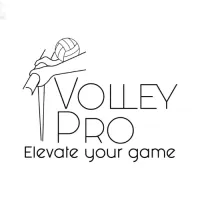
Read Our Blogs

Nutrition for Volleyball Players: Fueling Your Body for Peak Performance
Volleyball is a physically demanding sport that requires a high level of energy, stamina, and focus. Jumping, diving, spiking, and blocking all demand explosive power and sustained endurance. To perform at your best on the volleyball court, you need to fuel your body with the right nutrients. Proper nutrition is essential for volleyball players to optimize their performance, support muscle recovery, and maintain their health and well-being.
Why Nutrition Matters for Volleyball Players:
Energy and Stamina: Volleyball requires a significant amount of energy. Carbohydrates are the primary source of energy for our bodies, and consuming adequate carbohydrates is crucial for fueling your workouts and matches. A diet lacking in carbohydrates can lead to fatigue, decreased performance, and difficulty sustaining energy levels throughout a long game or tournament.
Muscle Recovery and Growth: Volleyball involves intense training and competition, which can lead to muscle breakdown. Protein is essential for building and repairing muscle tissue, allowing you to recover from workouts, build strength, and maintain muscle mass. Adequate protein intake is crucial for optimizing muscle recovery and supporting muscle growth.
Hydration and Electrolyte Balance: Staying hydrated is crucial for volleyball players, especially during intense training and competition. Dehydration can lead to fatigue, muscle cramps, decreased performance, and even heatstroke. Drinking plenty of water throughout the day, and considering electrolyte drinks during and after intense activity, can help to maintain fluid balance and prevent dehydration.
Cognitive Function: Volleyball requires focus, concentration, and quick decision-making. Proper nutrition supports cognitive function by providing the brain with the nutrients it needs to operate optimally. A balanced diet can improve your focus, reaction time, and decision-making abilities on the court.
Injury Prevention: Proper nutrition can help to prevent injuries by supporting muscle recovery, maintaining bone health, and reducing inflammation. A balanced diet with adequate protein, calcium, and other essential nutrients can help to strengthen muscles, bones, and connective tissues, reducing the risk of strains, sprains, and fractures.
Overall Health and Well-being: A healthy diet is essential for maintaining overall health and well-being, which is crucial for athletes. Proper nutrition supports a strong immune system, healthy digestion, and optimal bodily functions, allowing you to stay healthy, train consistently, and perform at your best.
Key Nutrients for Volleyball Players:
1. Carbohydrates:
Primary Energy Source: Carbohydrates are the primary source of energy for our bodies. Volleyball players need to consume adequate carbohydrates to fuel their workouts and matches. Carbohydrates are broken down into glucose, which is used by the muscles for energy.
Good Sources: Good sources of carbohydrates include whole grains (brown rice, quinoa, oats), fruits, vegetables, and legumes. Choose complex carbohydrates over simple carbohydrates, as they provide sustained energy and are less likely to cause spikes in blood sugar levels.
2. Protein:
Muscle Building and Repair: Protein is essential for building and repairing muscle tissue, which is crucial for volleyball players who engage in intense training and competition. Protein provides the building blocks (amino acids) for muscle growth and repair.
Good Sources: Good sources of protein include lean meats, poultry, fish, beans, lentils, tofu, and eggs. Aim to include protein in each meal and snack to support muscle recovery and growth.
3. Fats:
Essential for Various Functions: Healthy fats are important for energy production, hormone regulation, cell function, and the absorption of fat-soluble vitamins. They also contribute to satiety, helping you to feel full and satisfied after meals.
Good Sources: Good sources of healthy fats include avocados, nuts, seeds, olive oil, fatty fish (salmon, tuna), and eggs.
4. Vitamins and Minerals:
Essential for Bodily Functions: Vitamins and minerals are essential for a variety of bodily functions, including immune support, energy production, bone health, and nerve function. They act as co-factors in various metabolic processes and are crucial for maintaining overall health and well-being.
Good Sources: Eat a variety of fruits and vegetables to ensure you're getting the vitamins and minerals you need. Each color of fruit and vegetable provides different nutrients, so aim for a rainbow of colors in your diet.
5. Hydration:
Crucial for Performance: Staying hydrated is crucial for volleyball players, especially during intense training and competition. Dehydration can lead to fatigue, muscle cramps, decreased performance, and even heatstroke. Water is essential for regulating body temperature, transporting nutrients, and removing waste products.
Hydration Strategies: Drink plenty of water throughout the day, and consider electrolyte drinks during and after intense activity to replenish electrolytes lost through sweat. Monitor your urine color as an indicator of hydration. Pale yellow urine is a sign of good hydration, while dark yellow urine indicates dehydration.
Meal Timing for Volleyball Players:
Pre-Workout (1-2 hours before): Consume a light meal or snack containing carbohydrates and protein about 1-2 hours before your workout or match. This will provide your body with the energy it needs to fuel your activity and support muscle function. Examples include a banana with peanut butter, oatmeal with berries and nuts, or a turkey sandwich on whole-wheat bread.
During Workout/Match (for activities longer than an hour): If your workout or match lasts longer than an hour, consider consuming a sports drink or small snacks to maintain your energy levels and electrolyte balance. This can help to prevent fatigue and maintain performance. Examples include sports drinks, energy gels, fruit slices, or granola bars.
Post-Workout (within 30-60 minutes): Consume a meal or snack containing carbohydrates and protein within 30-60 minutes after your workout or match to replenish glycogen stores and support muscle recovery. This is the optimal window for muscle protein synthesis and glycogen replenishment. Examples include a chicken breast with brown rice and vegetables, a protein shake with fruit, or Greek yogurt with granola.
The Wellness Wall: Supporting Healthy Eating Habits
The Wellness Wall can indirectly support healthy eating habits by simplifying your medication management routine and reducing stress.
Medication Management: By ensuring that you're taking your medications correctly and on time, you can minimize the risk of side effects that could affect your appetite or digestion. Some medications can cause nausea, vomiting, or changes in appetite, which can interfere with your ability to maintain a healthy diet. The Wellness Wall helps you to stay on track with your medications, reducing the likelihood of these side effects.
Stress Reduction: The reduced stress and improved organization that the Wellness Wall provides can free up mental space and energy for focusing on your nutrition and making healthy food choices. When you're not stressed or overwhelmed, you're more likely to make conscious decisions about your diet and prioritize healthy eating habits.
Additional Nutrition Tips for Volleyball Players:
Consult with a Sports Nutritionist: If you have specific dietary needs or goals, consider consulting with a registered dietitian or sports nutritionist who can provide personalized guidance and meal planning support.
Listen to Your Body: Pay attention to your body's hunger and fullness cues. Eat when you're truly hungry and stop when you're comfortably full.
Fuel Consistently: Maintain consistent eating habits throughout the day to provide your body with a steady supply of energy. Avoid skipping meals or going for long periods without eating.
Choose Whole Foods: Prioritize whole, unprocessed foods, such as fruits, vegetables, whole grains, lean proteins, and healthy fats. These foods are packed with nutrients and provide sustained energy.
Limit Processed Foods: Limit processed foods, sugary drinks, and unhealthy fats, which can contribute to inflammation, weight gain, and impaired performance.
Hydrate Adequately: Drink plenty of water throughout the day, especially during and after training or competition.
Recovery Nutrition: Pay attention to your post-workout nutrition to support muscle recovery and replenish glycogen stores.
By prioritizing nutrition, adopting healthy eating habits, and utilizing tools like the Wellness Wall to support your overall well-being, volleyball players can fuel their bodies for peak performance, support muscle recovery, and maintain their health and vitality. Remember, proper nutrition is not just about what you eat, but also when you eat it. Fuel your body strategically to optimize your performance on and off the court.
Reserve your Volley Pro now and fuel your volleyball journey with proper nutrition!

Reliable, professional pressure washing services for pristine results.
Copyright Volley Pro 2025. All rights reserved
